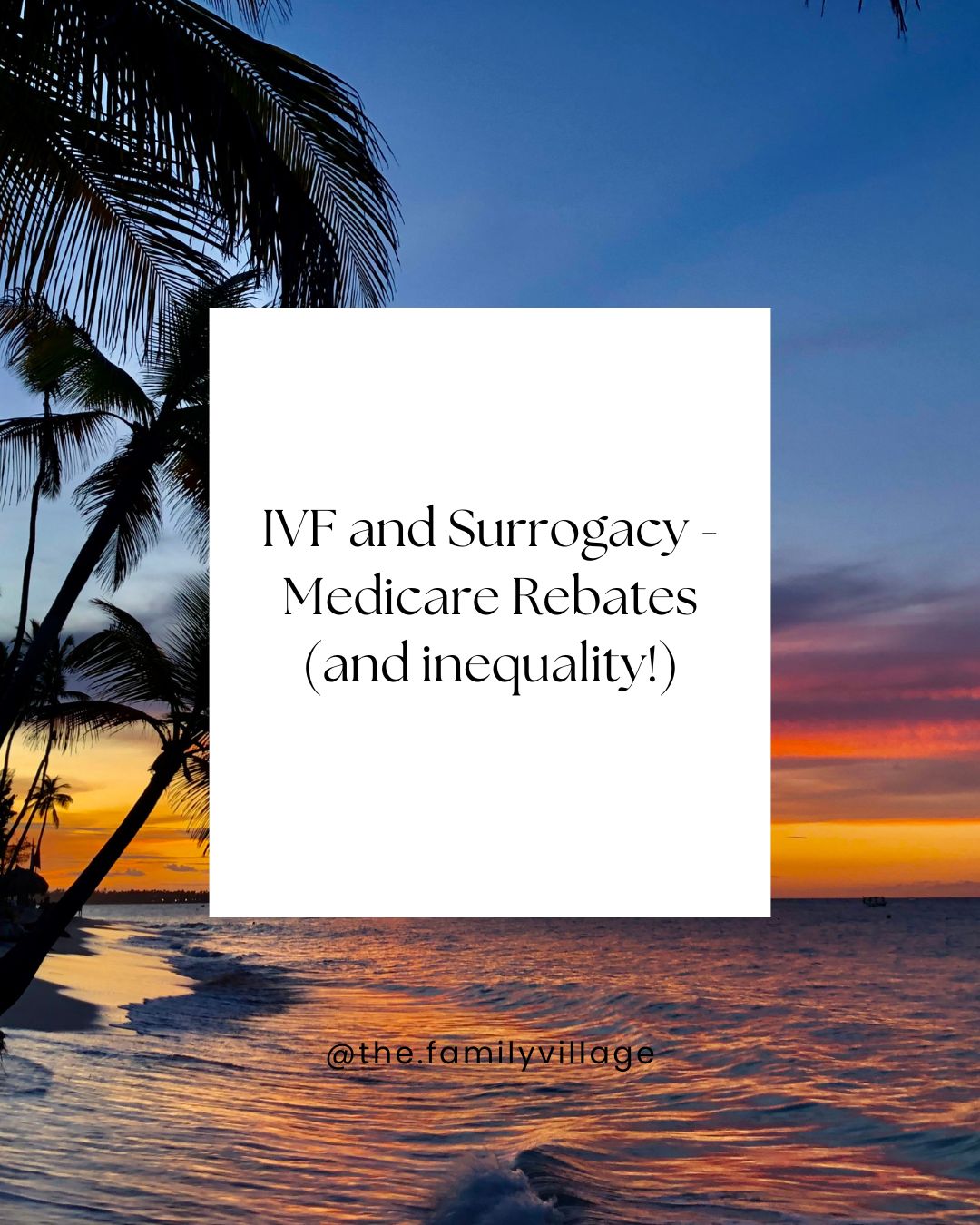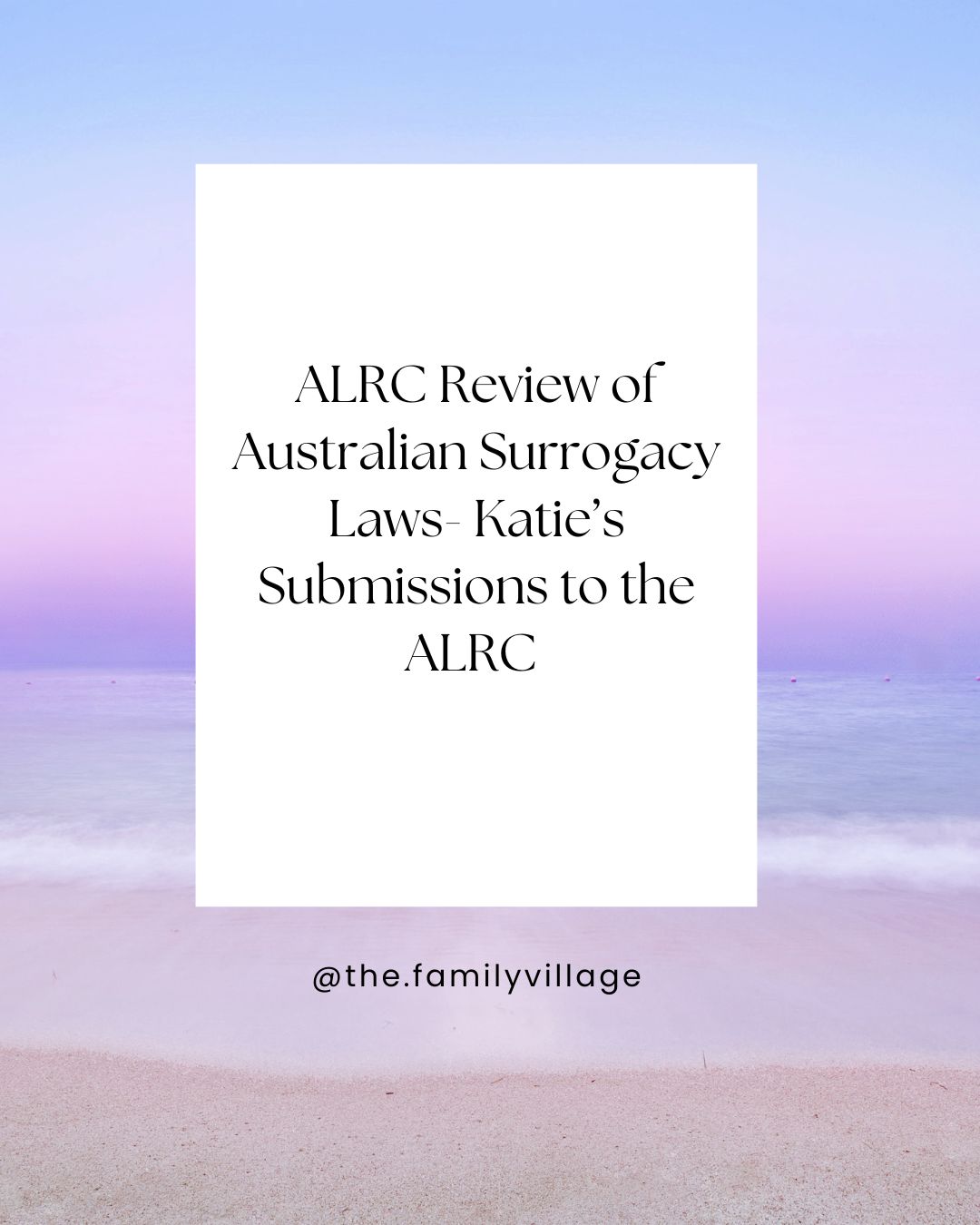The landscape of fertility care in Australia has shifted significantly with a landmark policy change by the federal government. After sustained advocacy and expert input, the Albanese Government has officially adopted an expanded definition of infertility—marking a pivotal step towards ensuring more inclusive and equitable access to Medicare rebates for assisted reproductive technologies (ART), including IVF and IUI.
This blog examines the historical definition of infertility under Medicare, the newly adopted expanded definition, who it now includes, and who still remains excluded from the benefits of publicly funded fertility support.
The Historical Definition of Infertility: A Heteronormative Standard
Traditionally, access to Medicare rebates for fertility treatment in Australia hinged on a narrow, clinical definition of infertility. The standard required patients to demonstrate an inability to conceive after 12 months or more of regular, unprotected heterosexual intercourse. This requirement reflected the guidelines of the Medicare Benefits Schedule (MBS) and underpinned rebate eligibility.
While effective for many heterosexual couples with documented medical infertility, this definition systematically excluded LGBTIQ+ individuals and single people. These groups were effectively required to “prove” medical infertility—often through repeated, unsuccessful treatment attempts—before qualifying for rebates. As a result, many faced prohibitive out-of-pocket expenses for basic fertility services. For more on why infertility definitions matter, see Why We Need a Clear, Inclusive Definition of Infertility in Surrogacy Laws.
A 2023 survey conducted by Rainbow Families, a not-for-profit organisation supporting LGBTIQ+ parents, found that nearly 50% of respondents received no Medicare rebate for fertility services, and those who did often had to undergo at least three unsuccessful treatment cycles to be deemed eligible.
A Groundbreaking Shift: The Expanded Definition of Infertility
In a significant win for inclusivity, the federal Department of Health has formally recognised a revised and expanded definition of infertility. This change follows a year-long campaign by advocacy groups and recommendations from fertility sector peak bodies.
The Australian and New Zealand Society for Reproductive Endocrinology and Infertility (ANZSREI) defined infertility as:
“The inability to achieve a successful pregnancy based on a patient’s medical, sexual, and reproductive history, age, physical findings, diagnostic testing, or any combinations of these factors, and the need for medical intervention to achieve a successful pregnancy.”
This more holistic definition moves beyond biological incapacity and embraces social, relational, and physiological contexts. It was endorsed by the Fertility Society of Australia and New Zealand (FSANZ) and the Royal Australian and New Zealand College of Obstetricians and Gynaecologists (RANZCOG).
In line with this updated definition, Assistant Minister for Health Ged Kearney confirmed in June 2025 that Medicare would now subsidise fertility care for single women and women in same-sex relationships, without requiring them to first demonstrate clinical infertility. The change allows services that meet the expanded definition to be claimable under applicable MBS items.
Kearney described the move as “a really important policy change for so many women,” acknowledging that previous barriers were “unfair” and “just plain wrong.”
Who Benefits from the New Policy?
The expanded definition now allows Medicare rebates for ART for:
- Single women, including those seeking fertility preservation or conception without a partner.
- Same sex female couples, without requiring demonstration of infertility via heterosexual intercourse or multiple failed treatment cycles.
- LGBTIQ+ individuals who require fertility intervention based on their reproductive circumstances.
This policy recognises that many Australians, irrespective of relationship status or sexual orientation, require medical assistance to conceive—even in the absence of a formal infertility diagnosis under previous definitions.
Who Is Still Left Behind?
Despite the progress, several gaps remain in Australia’s fertility care framework:
- Male same-sex couples: Medicare does not currently offer rebates for fertility treatment pursued through altruistic surrogacy arrangements.
- Surrogacy cases more broadly: While ART for the purposes of surrogacy can be delivered, it remains excluded from MBS rebate eligibility. This disproportionately affects gay male couples and others requiring gestational carriers. For guidance on navigating legal surrogacy requirements and your rights, see our page Legal Advice on Surrogacy Arrangements.
- ADF personnel: Members of the Australian Defence Force are not covered by Medicare for fertility care, creating another category of exclusion.
These exclusions show that we are still a long way behind in making sure that access to benefits are equal. Advocacy needs to continue to make sure these currently excluded categories become part of the definition of infertility.
While significant progress has been made, particularly for single women and same sex female couples, the path to full reproductive justice—especially for those accessing surrogacy—remains unfinished. As momentum builds, the hope is for continued reform toward a fertility system that is truly inclusive of all families.
Need guidance from a surrogacy lawyer in Australia? Our team provides clear, supportive advice to help you navigate every step of the process. Visit our Consulting page for personalised advice and assistance.




